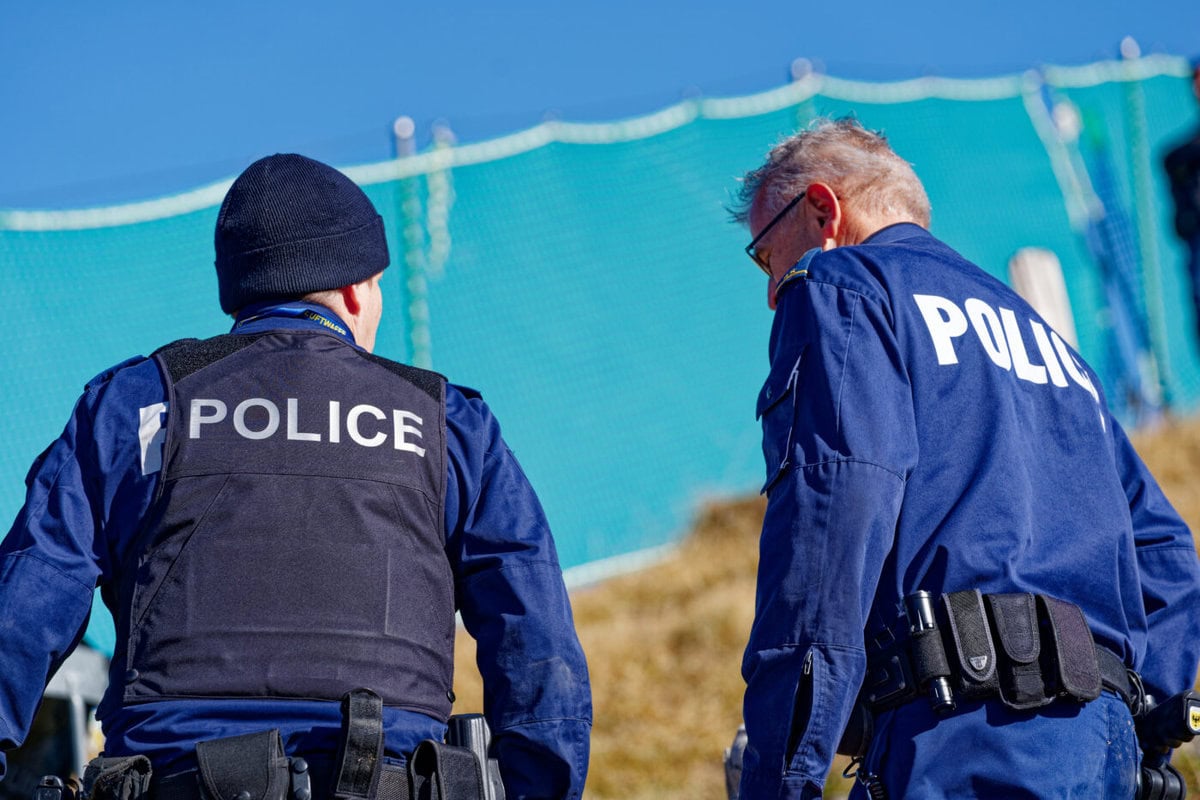Stricter regulations for the export of plant protection products
The export of plant protection products that are not approved in Switzerland due to health and environmental protection will be newly regulated. For five particularly problematic plant protection products, an export ban will apply from 2021. The export of the remaining plant protection products that are not authorized in Switzerland will in future be subject to authorization and will require the prior consent of the importing country.

The international trade in hazardous pesticides has been the subject of increasing discussion in recent years. With the amendment of the Chemicals Risk Reduction Ordinance (ChemRRV), the Federal Council decided on a new regulation for the export of certain hazardous plant protection products (PPPs) that may endanger human health or the environment. The new regulations serve to control exports of problematic PPPs to developing and emerging countries more strictly. In this way, Switzerland is fulfilling its responsibility as a host country of the secretariats of the multilateral chemical agreements and as a production location for multinational manufacturers of plant protection products. It is making a contribution to improving health and environmental protection in importing countries. At the same time, the impact on the economic actors concerned remains modest due to the low export volume affected.
Two new provisions
The new export regulations include two significant changes: First, there is now an export ban on five particularly problematic PPPs whose use in developing and emerging countries can cause damage to health and the environment. These are atrazine, diafenthiuron, methidathion, paraquat and profenofos. These PPPs are banned in Switzerland.
Secondly, a licensing requirement applies to the export of around one hundred PPPs that are hazardous to health and the environment and are not approved in Switzerland. In the future, the Federal Office for the Environment (FOEN) will only approve exports after explicit consent has been obtained from the importing country.
On October 14, 2020, the Federal Council amended the ChemRRV in this sense (cf. hier). It will enter into force on January 1, 2021.
Press release federal government









